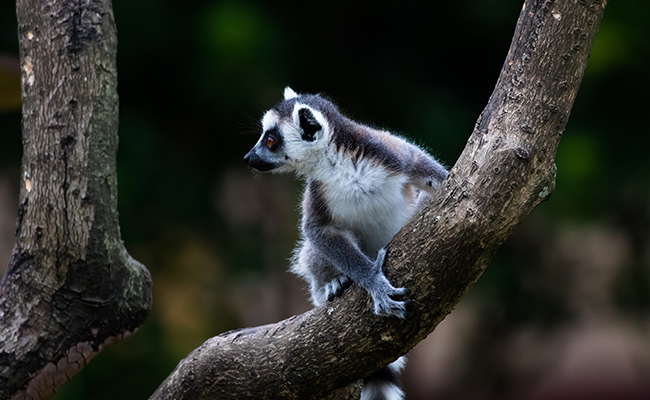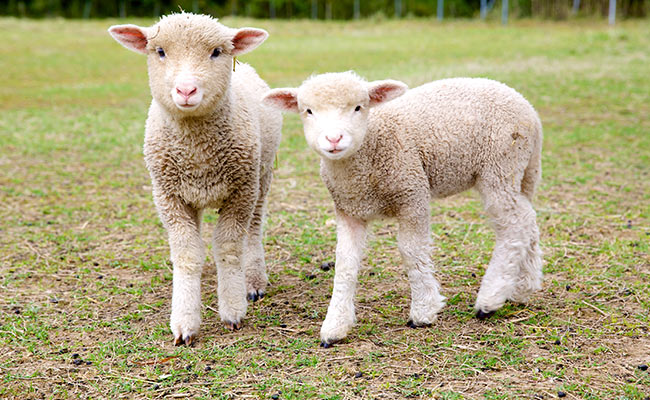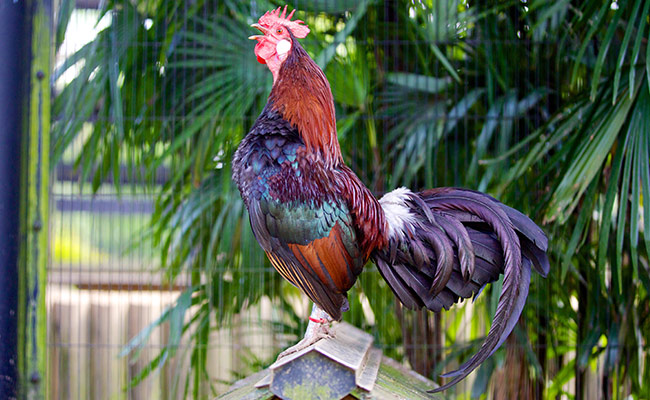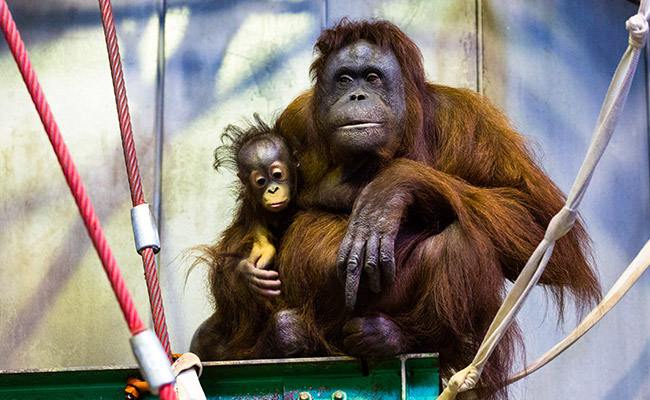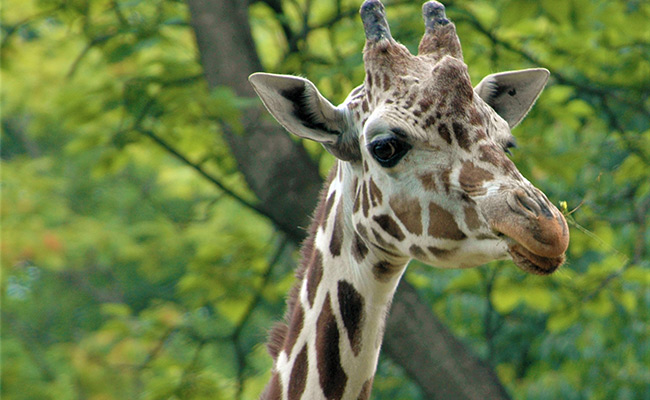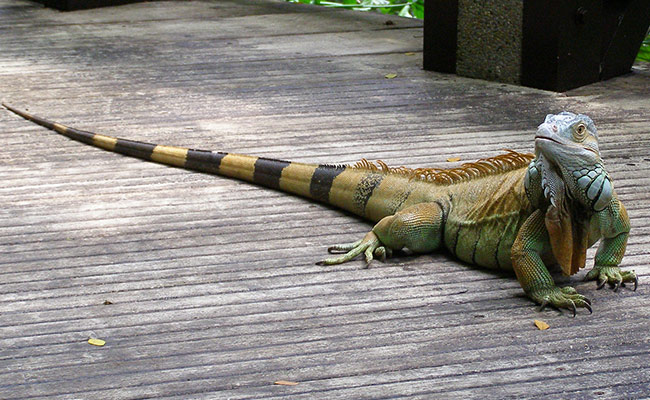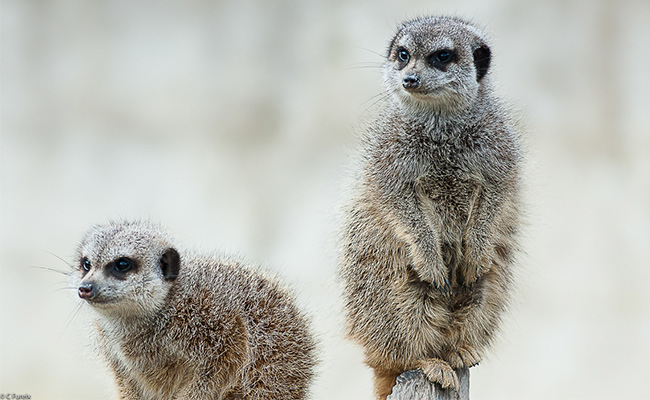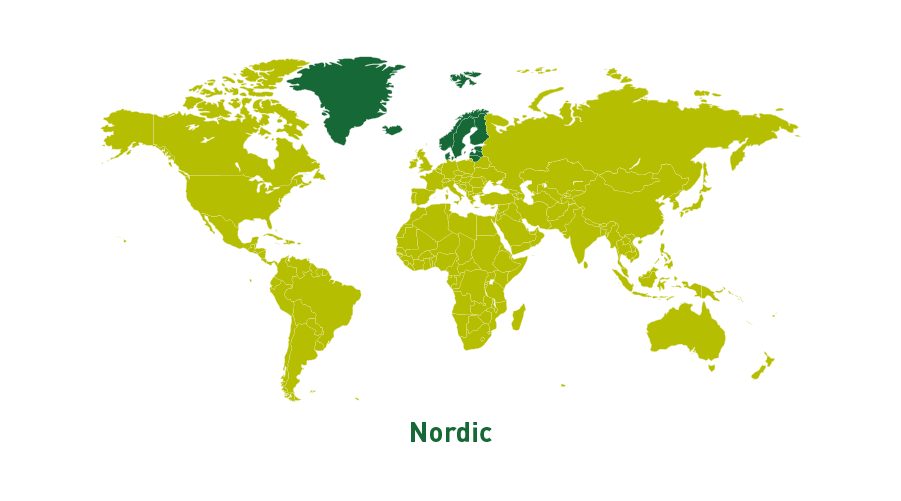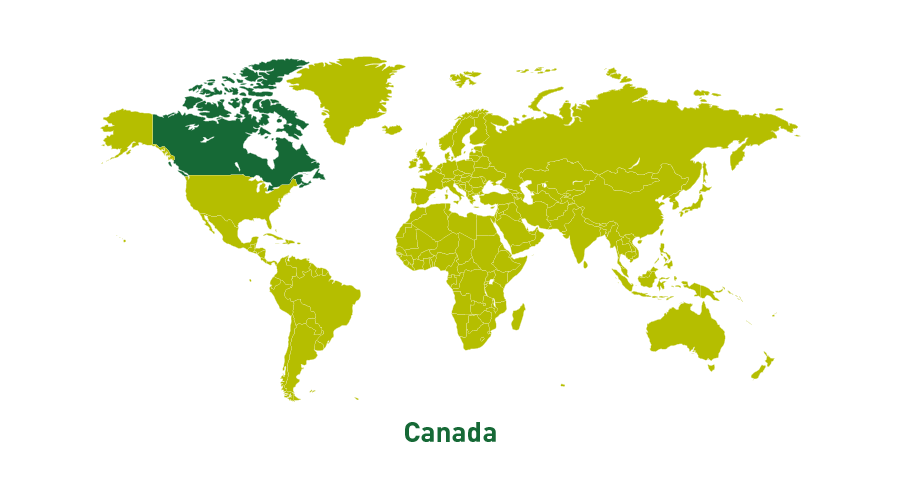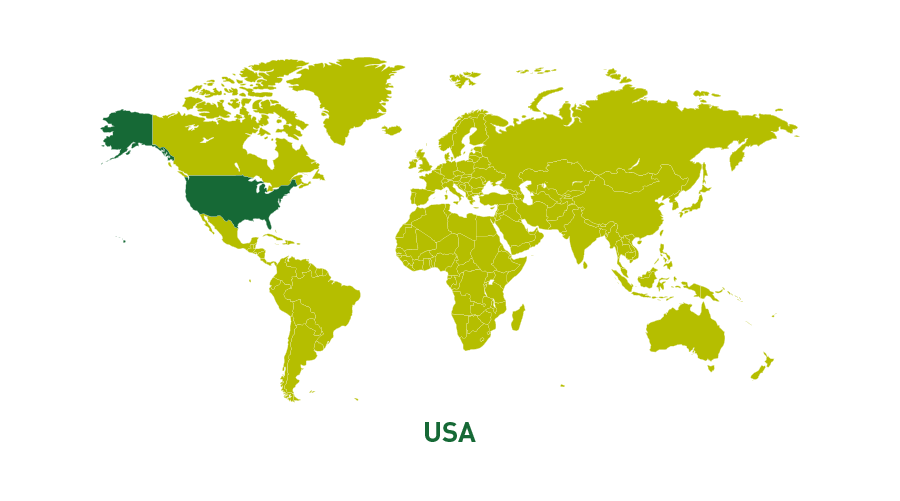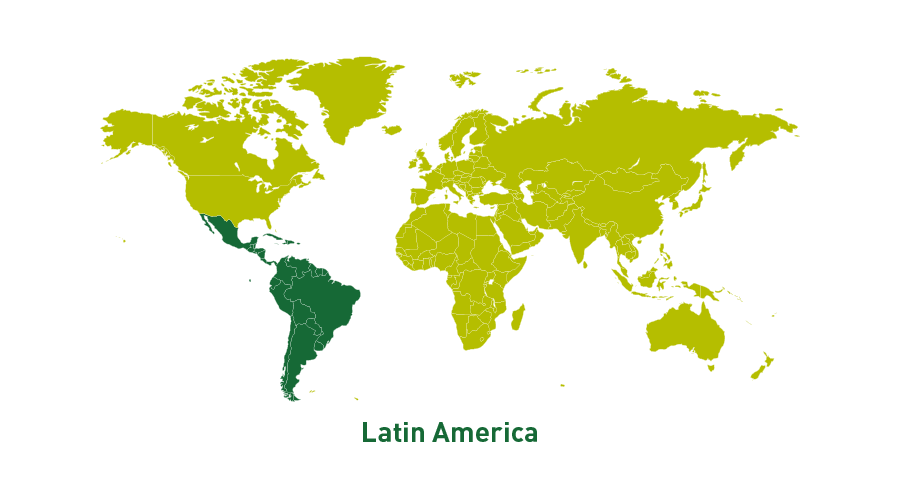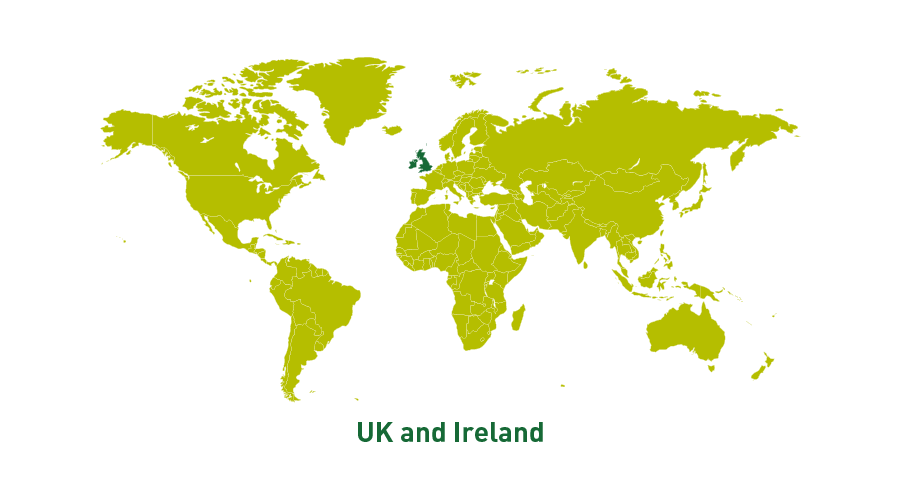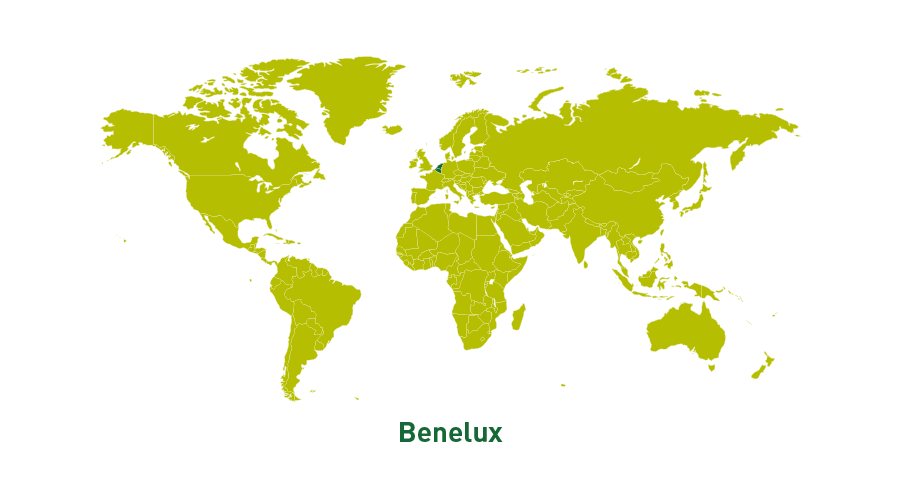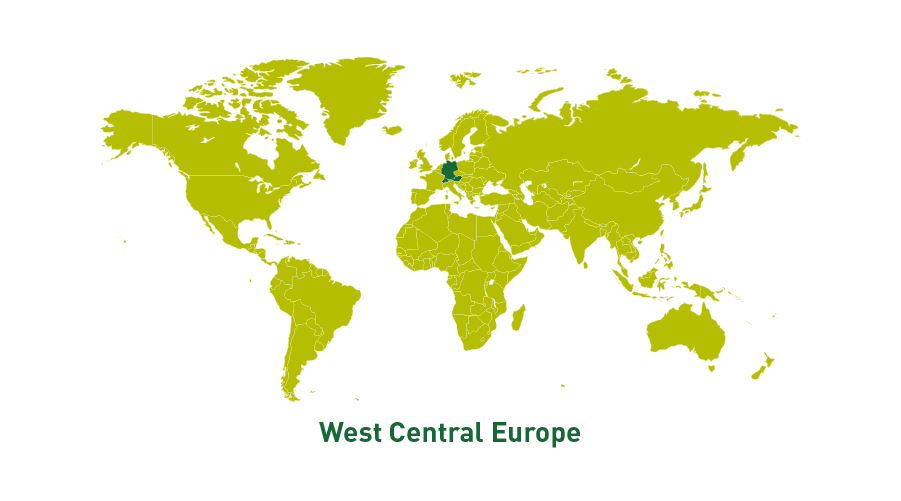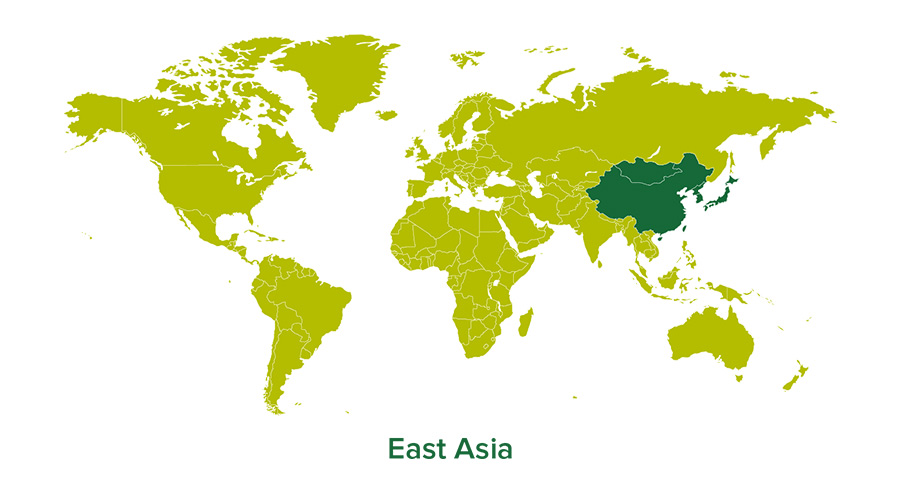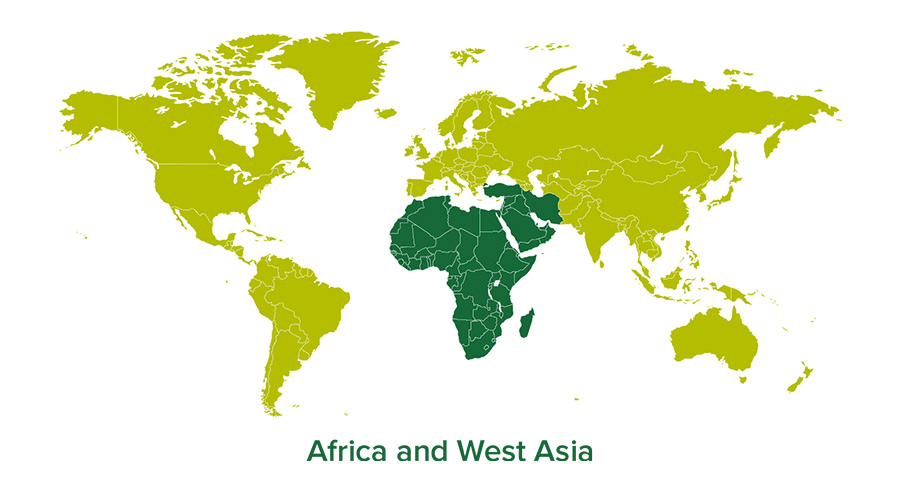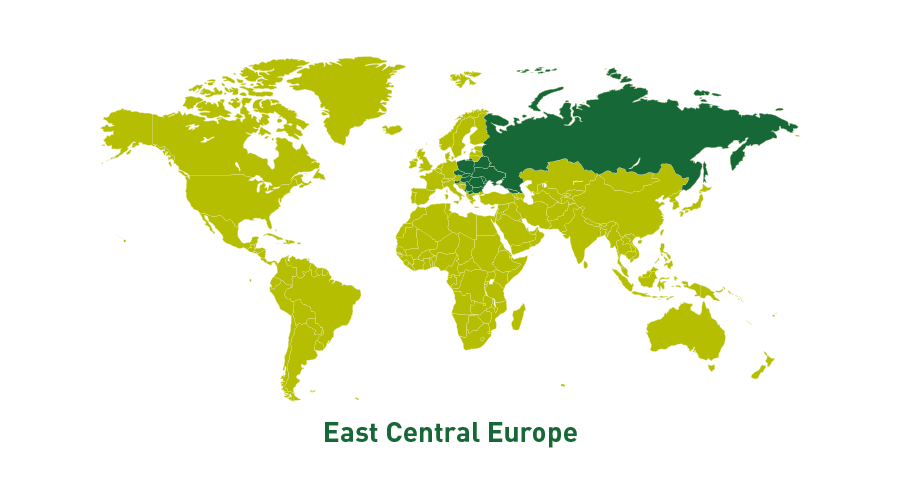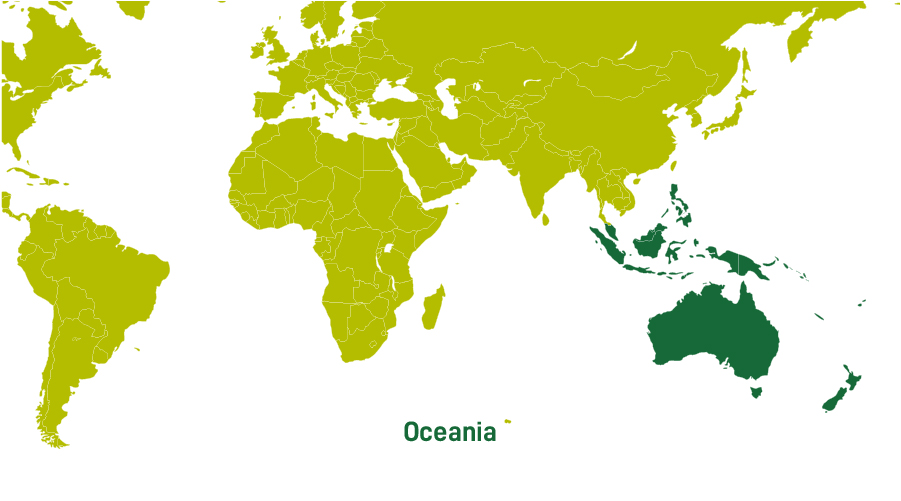Bas Rodenburg
- Senior Vice-President (2019-2021)
- President (2017-2019)
- Junior Vice-President (2015-2017)
Bas Rodenburg is Professor in Animal Welfare at the Department of Animals in Science and Society (DASS) of the Faculty of Veterinary Medicine of Utrecht University in The Netherlands. He is also guest researcher at the Adaptation Physiology Group of Wageningen University. He coordinates research and education in animal welfare. The research of Bas Rodenburg aims at improving the methodology for assessment of animal welfare. He mainly wants to focus on behavioural indicators and methods where the animals themselves are ‘asked’ how they experience their livening conditions. A second important area is the study of behaviour and welfare of individual animals housed in social groups. Bas Rodenburg obtained his PhD on feather pecking in laying hens in Wageningen in 2003 and since then he has been mainly involved in farm animal behaviour and welfare. In his current position, his research is broadening out and also focusing on more general concepts in animal behaviour and welfare. He is member of the Editorial Boards of the journals Animal Welfare (Section Editor Poultry), Poultry Science (Section Editor Animal Well-Being and Behavior) and Animals (Editorial Board Poultry). Bas is Vice Chair of the EU COST Action GroupHouseNet (2016-2020), focusing on solutions for tail biting in pigs and feather pecking in laying hens. He is also WP leader in the EU projects PPILOW (2019-2024) and ChickenStress (2019-2023), focusing on improving welfare and reducing stress sensitivity in free range and organic laying hens.
Email:




